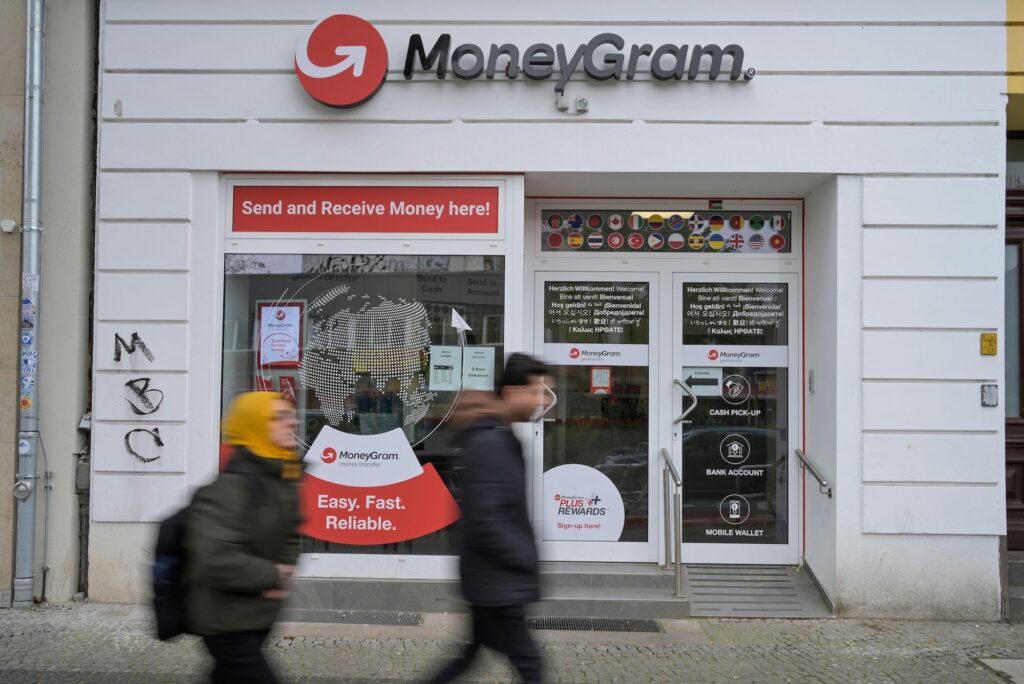Fintechs challenge industry
Saudi remittances up 14%
Traditional money transfer operators are increasingly turning to technology to compete in the Gulf’s lucrative remittance market.
Moneygram, a global remittance provider with headquarters in the US, has partnered this month with one of Saudi Arabia’s fastest-growing finance apps, Tiqmo. The deal will allow users to send money abroad through the Tiqmo app using Moneygram’s network.
Remittances by expatriates in Saudi Arabia rose by 14 percent year on year in 2024 to exceed $38 billion, according to the Saudi Central Bank.
“Moneygram is utilising these newly established digital channels such as Tiqmo to expand its market share and coverage,” Hussam Kayyal, managing partner at Dubai-based technology consulting firm DefineX Middle East, tells AGBI.
The partnership gives Moneygram access to Tiqmo’s users and the Saudi market, while Tiqmo gains a valuable stream of income.
“Standard wallet services cannot generate the needed profitability,” says Kayyal. “They need services like cross-border payments or lending to drive the next level of profitability.”
Western Union, the world’s largest money transfer operator by dollar value sent, has struck similar deals with tech companies in Canada and elsewhere.
Money transfer operators are increasingly seeing challenges from fintech companies looking to take a slice of this huge market. In 2023, an estimated $857 billion was sent in remittances globally, according to the UN Migration Data Portal.
Fintechs generally offer lower transaction fees by leveraging digital platforms and minimising physical infrastructure costs, according to a report by financial software provider Macro Global.
“This advantage is particularly notable in competitive markets like the UAE, where lower fees can significantly impact the amount received by beneficiaries,” says the report.
Competition is also coming from the crypto sector, particularly stablecoins – cryptocurrencies with their value tied to real-world assets such as the dollar or gold.
“We think stablecoins will play an increasingly important role [in] remittances,” says Mohamed Damak, managing director and financial institutions sector lead at S&P Global Ratings.
Heath Tarbert, president of stablecoin issuer Circle, previously told AGBI that his company is “starting dialogues” with remittance companies and others who want to start making the coins available in their network.
Similarly, crypto company Ripple has launched its cross-border blockchain payment platform in the UAE, partnering with Zand Bank and payments fintech Mamo, following its acquisition of a Dubai Financial Services Authority licence in March.
As Macro Global says, the competition from fintechs is forcing traditional money senders “to innovate or risk obsolescence”.



